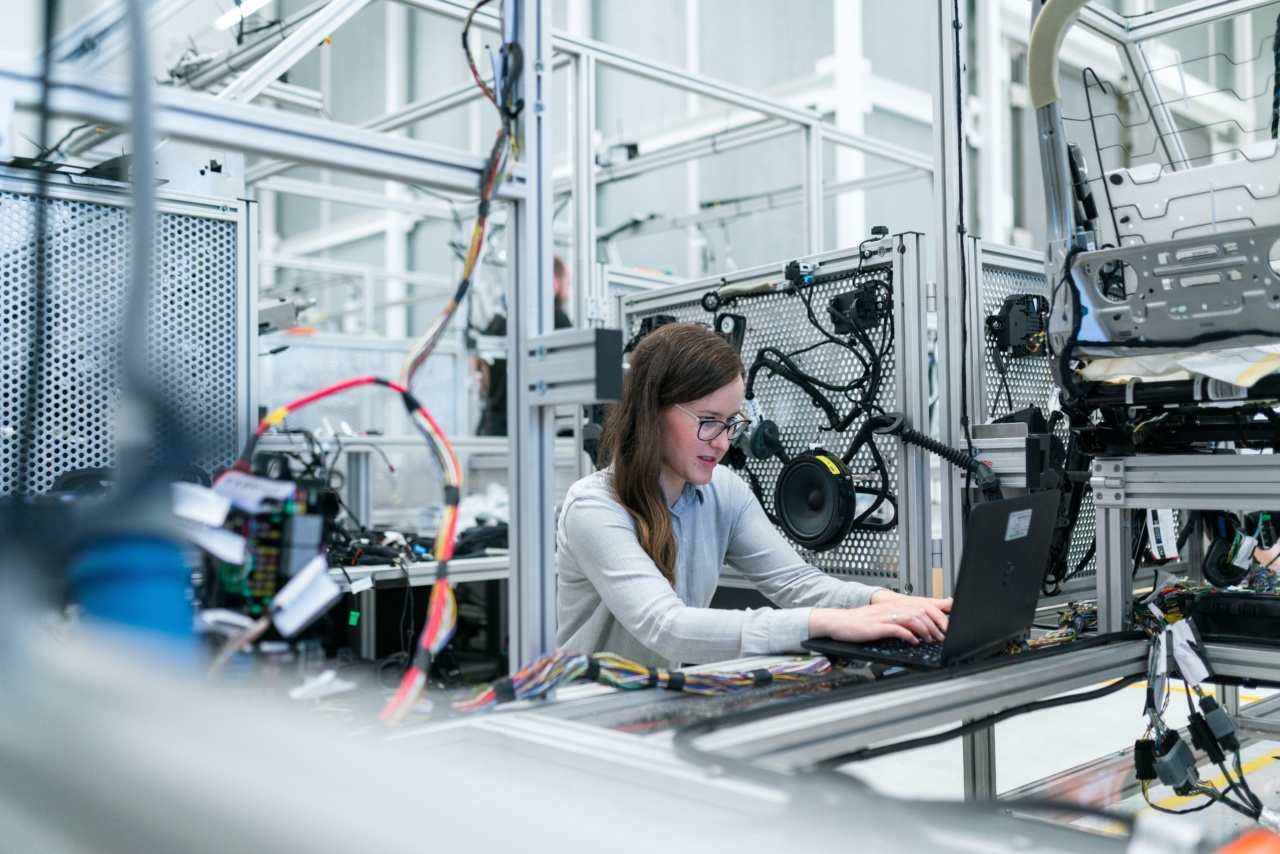Artificial intelligence (AI) has made significant contributions to the field of medicine, improving diagnosis accuracy, streamlining workflow, and creating new insights into disease mechanisms.
Now, AI has taken a giant leap forward in the realm of prenatal care, with researchers announcing a breakthrough that allows not only for early genetic testing during pregnancy but potentially the ability to predict preterm birth.
The Benefits of Early Genetic Testing
Early genetic testing during pregnancy can detect a wide range of genetic abnormalities, including chromosomal disorders and inherited genetic conditions.
Identifying these conditions earlier in pregnancy can enable parents to make informed decisions about their pregnancy, prepare for potential challenges, and even consider treatment options.
Currently, prenatal genetic testing typically involves invasive procedures such as amniocentesis or chorionic villus sampling (CVS), both of which carry some risk to the fetus.
These procedures are typically not performed until the second trimester of pregnancy, around 15-20 weeks.
However, with the use of AI, researchers have found a way to non-invasively test for genetic abnormalities as early as the first trimester of pregnancy, using only a blood sample from the mother.
The Science Behind Early Genetic Testing with AI
The breakthrough comes from the ability of AI algorithms to analyze tiny fragments of DNA that are shed by the fetus into the mother’s bloodstream. This fetal DNA is known as cell-free DNA (cfDNA) and can be collected via a simple blood test.
However, until recently, it has been challenging to analyze cfDNA accurately. The amount of fetal DNA in the mother’s bloodstream is typically very low, making it difficult to distinguish between maternal and fetal DNA accurately.
This challenge has been overcome with the use of AI algorithms, which can recognize patterns in the genetic data and accurately differentiate between maternal and fetal DNA.
The AI algorithms can also identify specific genetic abnormalities, such as Down syndrome or other chromosomal disorders, with a high degree of accuracy. In addition, the algorithms can provide information about the sex of the fetus.
Overall, this breakthrough technology holds the potential to revolutionize prenatal genetic testing, making it safer, more accessible, and more reliable.
Predicting Preterm Birth with AI
In addition to early genetic testing, the AI algorithms have shown promise in predicting preterm birth. Preterm birth is a leading cause of infant mortality and can lead to long-term health problems for the child.
Researchers have identified several biomarkers in the maternal blood that are associated with preterm birth, such as changes in hormone levels and inflammatory markers.
Using AI algorithms, researchers have been able to analyze these biomarkers and predict preterm birth with a high degree of accuracy, potentially enabling doctors to intervene earlier and prevent preterm birth.
The use of AI in predicting preterm birth represents a significant breakthrough in maternal-fetal medicine and could save countless lives.
What’s Next for AI in Prenatal Care?
The breakthrough in early genetic testing and predicting preterm birth represents just the tip of the iceberg for the potential of AI in prenatal care. Other areas where AI is already being used in prenatal care include:.
- Identifying women at high risk of developing gestational diabetes
- Predicting the likelihood of postpartum depression
- Assessing fetal growth and development
- Detecting fetal anomalies through ultrasound imaging
As AI continues to evolve and become more accessible, we can expect to see even more breakthroughs in the field of prenatal care.
AI has the potential to improve diagnosis, treatment, and outcomes for mothers and infants alike, making pregnancy and childbirth safer and more positive experiences.
Conclusion
The use of AI in prenatal care has unlocked new possibilities for early genetic testing, preterm birth prediction, and many other aspects of maternal-fetal medicine.
With the accuracy and reliability of AI algorithms, parents can make more informed decisions and receive more personalized care during pregnancy. As AI continues to evolve and progress, we can expect to see even more breakthroughs in prenatal care and a brighter future for expectant mothers and infants alike.





























